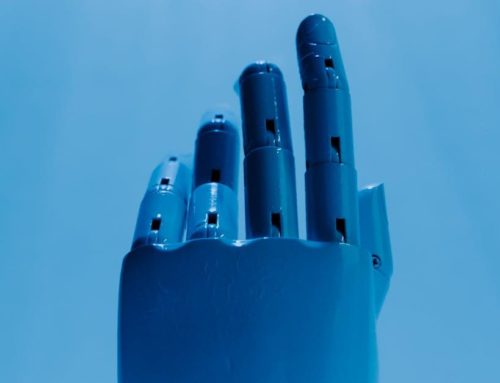In the dynamic and challenging environment of marine projects, quality and reliability stand as cornerstones for success. Whether you’re involved in shipbuilding, offshore installations, or maintenance operations, the demands for high performance, durability, and safety are non-negotiable. This article delves into the critical aspects that ensure the quality and reliability of your marine endeavors, emphasizing the role of specialized skills, such as offshore welding, in meeting these demands.
The Importance of Quality in Marine Projects
Quality in marine projects is more than just a buzzword; it is the defining factor that determines the lifespan and safety of vessels, platforms, and other marine structures. From the materials selected to the methods employed in construction and maintenance, every aspect must adhere to the highest standards. The harsh marine environment, characterized by saltwater, high pressure, and fluctuating temperatures, demands materials and construction techniques that can withstand these conditions over time.
For instance, the quality of the steel used in shipbuilding must meet stringent criteria to resist corrosion and fatigue. Similarly, the coatings and paints applied must provide long-lasting protection against the elements. Quality assurance processes, including rigorous testing and certification, are crucial at every stage to ensure that the final product meets or exceeds industry standards.
Reliability: The Key to Long-Term Success
Reliability in marine projects ensures that the structures and vessels operate efficiently and safely throughout their intended lifespan. Unplanned downtime due to equipment failure or structural issues can lead to significant financial losses and pose severe safety risks. Therefore, reliability must be designed into the project from the outset.
This involves not only choosing the right materials and construction techniques but also implementing robust maintenance strategies. Regular inspections and preventative maintenance are essential to identify potential issues before they escalate into major problems. The reliability of a marine project is also heavily dependent on the competence of the workforce involved. Skilled professionals who understand the unique challenges of the marine environment are indispensable in ensuring that projects are executed correctly and safely.
The Role of Offshore Welding in Ensuring Quality and Reliability
Offshore Welding is a critical skill in the marine industry, particularly in the construction and maintenance of offshore structures such as oil rigs, wind turbines, and pipelines. The quality of welding directly impacts the integrity and durability of these structures, making it a vital aspect of both quality and reliability.
Welding in offshore environments presents unique challenges. Welders must work in harsh conditions, often in deep water and at extreme pressures, which requires specialized equipment and techniques. The quality of the welds must be impeccable, as any failure can lead to catastrophic consequences. To ensure this, offshore welders undergo extensive training and certification processes to meet the stringent requirements of the industry.
Moreover, the reliability of offshore welding operations is enhanced by the use of advanced technologies such as automated welding systems and real-time monitoring tools. These innovations help to minimize human error and ensure that welds are performed to the highest standards, even in the most challenging conditions.



